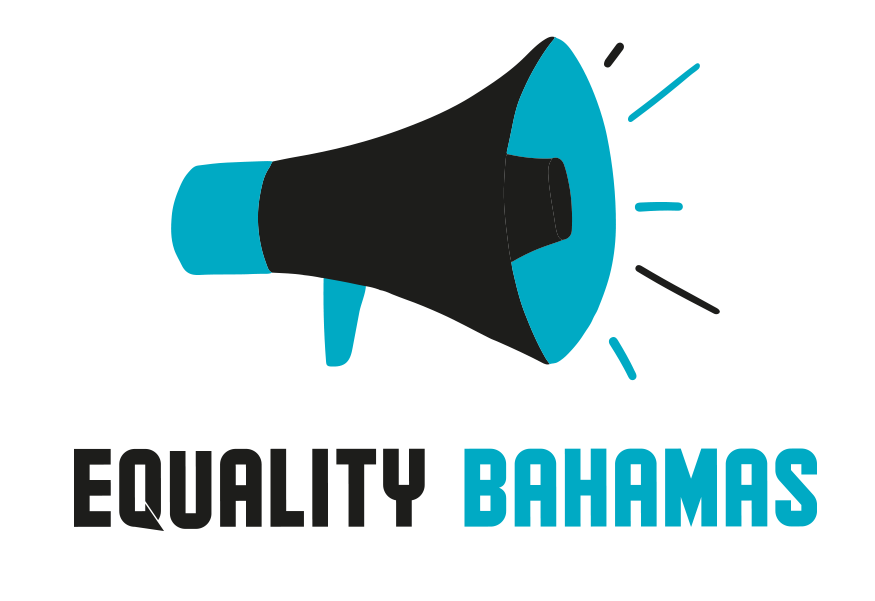Women’s Wednesdays: Women’s Bodily Autonomy
What impact does criminalized abortion have on women throughout the region?
How do these impacts change when we consider factors like economic status, age, and ability?
What role do reproductive rights play in the broader struggle for women’s liberation?
What are the different contraception methods available to women and how can we access these resources?
How can we use the conversation taking place in Jamaica and, subsequently, throughout the region, to advance the rights of women in The Bahamas?
How can we teach bodily autonomy to our children?
Women’s Wednesdays was founded by Equality Bahamas as a response to community members’ requests for a space to access resources, experts, and practitioners, share knowledge, and engage in conversation with one another. Officially started in May 2017, Women’s Wednesdays highlights Bahamian women and our experiences in The Bahamas, specific to our identities including gender, race, sexuality, age, and ability. Held once per month at minimum, the events draw women together to have conversations that bring our individual lives into focus while connecting to family, community, and national narratives.
